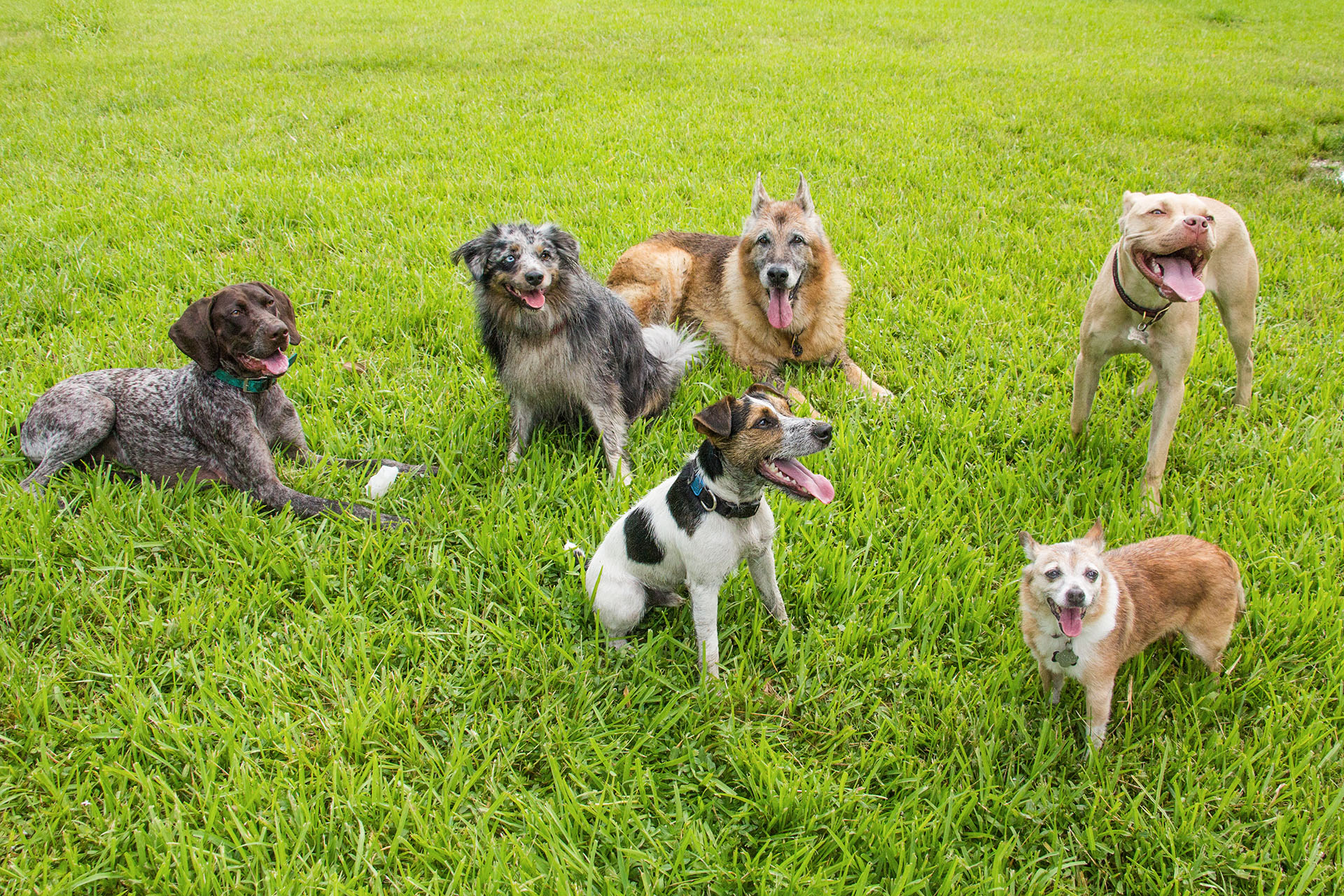
"Scientists have long known that childhood abuse, neglect, and trauma can have lifelong consequences in humans. Now, a study by Harvard scientists links early adversity to similar effects in our oldest domesticated species. In a study of nearly 4,500 dogs published in Scientific Reports, researchers found that adverse experiences in the first six months of puppyhood were strongly associated with elevated aggression and fearfulness in adult dogs."
"Espinosa collected data on 4,497 dogs by having their owners fill out a survey that covered whether the animals had been subjected to harsh punishments such as beatings, having their mouths held shut, or being pinned down by humans seeking to assert dominance (the so-called "alpha roll"). The survey also asked whether the dogs had gone through traumatic events such as living on the streets, being attacked by other dogs, or getting hit by cars."
Early adverse experiences during the first six months of life are strongly associated with increased aggression and fearfulness in adult dogs. Data from 4,497–4,500 dogs were collected via owner surveys that asked about harsh punishments (beatings, mouths held shut, being pinned down or "alpha roll") and traumatic events (living on the streets, dog attacks, being hit by cars). The impact of early adversity varied by breed, indicating a heritable component and differing individual susceptibility to stress. Comparable lifelong effects of early trauma have been documented in humans and other animals, but comprehensive canine data were previously lacking.
Read at Harvard Gazette
Unable to calculate read time
Collection
[
|
...
]